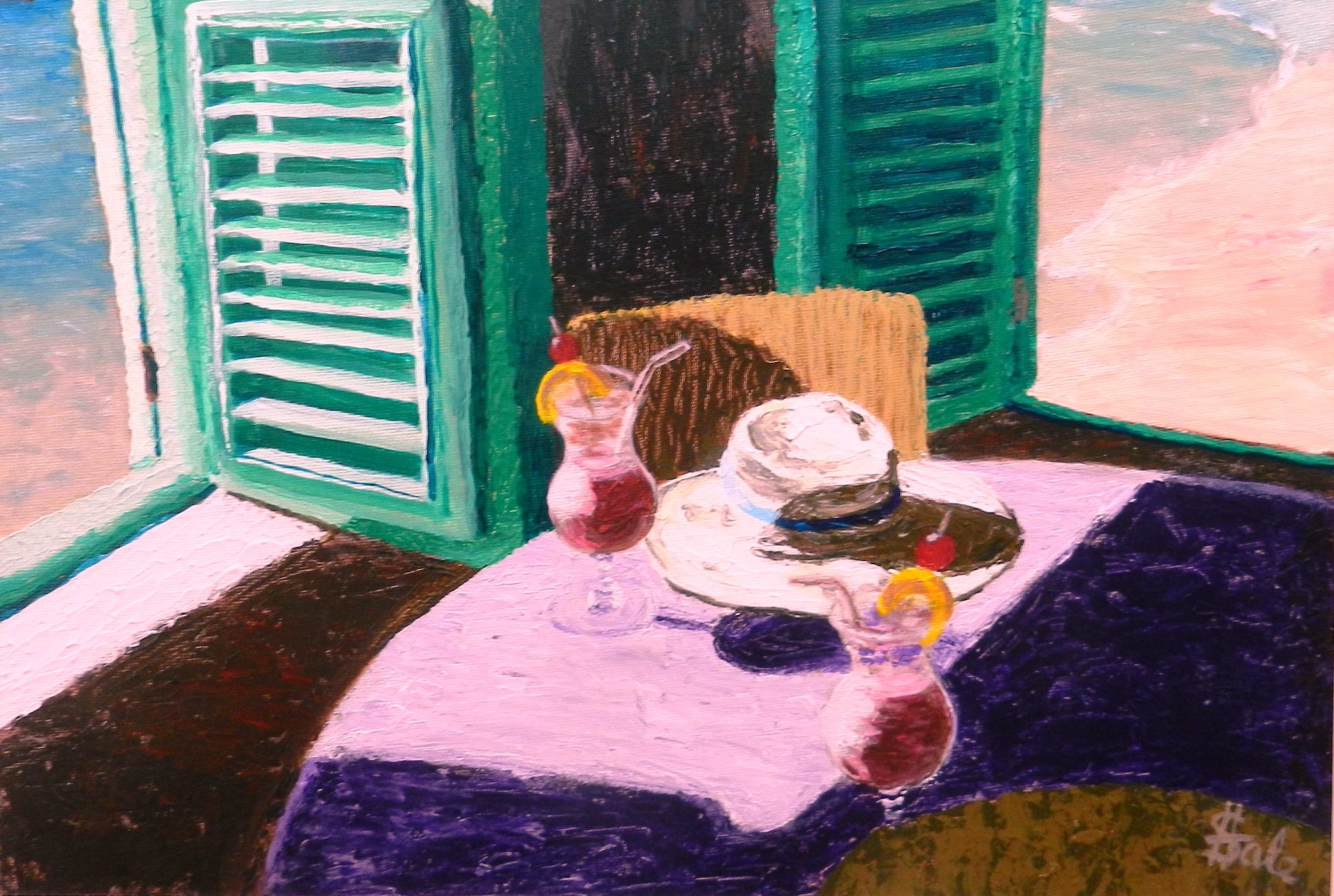 I was intrigued by the flyer advertising the premiere of two short films presented by the Carnival Institute of Trinidad & Tobago in collaboration with The Academy of Arts, Letters, Culture and Public Affairs of the University of Trinidad & Tobago (UTT). I gathered my small posse of Susans and arrived at the small, modern auditorium at the UTT Campus at NAPA last Sunday evening. Dr. Hollis Liverpool (calypsonian Chalkdust) opened the proceedings.
I was intrigued by the flyer advertising the premiere of two short films presented by the Carnival Institute of Trinidad & Tobago in collaboration with The Academy of Arts, Letters, Culture and Public Affairs of the University of Trinidad & Tobago (UTT). I gathered my small posse of Susans and arrived at the small, modern auditorium at the UTT Campus at NAPA last Sunday evening. Dr. Hollis Liverpool (calypsonian Chalkdust) opened the proceedings.
The first film was entitled March of the Mokos. It was introduced by Dr. Kim Johnson who had directed and narrated both films. It described the history of the Mokos of West Africa who brought the tradition of stilt-walking with them when they came to Trinidad as slaves. Jumbies are spirits of dead people so Moko Jumbies evolved as Carnival characters, dressed in costumes and prancing high on their long ‘legs’ in old-time Carnival bands.
Like many of these old-time characters, their appearances dwindled over the years. Fortunately, Glenn De Souza (Dragon) decided in 1986 to open a stilt-walking school, the Keylemanjahro School of Art & Culture, in Carenage, west of Port of Spain. In the film, he declared that his aim was to provide a fun but disciplined outlet for the energies of the youngsters in the area so that they were less likely to succumb to the prevalent drug scene. This was so successful that a number of other schools sprung up in other parts of the country, and foreigners began to book lessons in stilt-walking while holidaying in Trinidad.
Now, the sight of Moko Jumbies towering over the crowd and performing incredible acrobatic movements, fearlessly and with apparent ease, is common at street events throughout the year. Everyone loves to see these awesome young people dancing and waving their stick legs in the ai
incredible acrobatic movements, fearlessly and with apparent ease, is common at street events throughout the year. Everyone loves to see these awesome young people dancing and waving their stick legs in the ai r to a soca beat; I have never seen one fall down yet.
r to a soca beat; I have never seen one fall down yet.
I particularly loved the video of the Carnival King 2016 – Pavlova, the Dying Swan, in drag and on stilts. Lovely, heart-warming story!
The other film was called The Firewalkers of Kali. This was introduced by Dr. Johnson again, together with Orlando Dinchong, who also helped direct this film. They assured us that what we were about to see was real; I would not have believed it otherwise. As before, the film described the history of Kali, the Hindu Goddess of Time, Change, Power, Creation, Preservation, and Destruction, and the practice of devotees from Southern India to walk on fire or hot coals when they needed help from this deity in their personal lives. This tradition was brought to Trinidad by certain of the indentured labourers who came to work on the sugar cane plantations in the mid 1800s after slavery was abolished.
As before, the custom of fire walking declined over the years but was revived by the Head Pujari from a temple in Chaguanas in Central Trinidad, some years ago. The film showed an actual ceremony whereby the believers in the  powers of Kali performed various rituals. This involved walking round and round the temple and a substantial fire of coals to the intense vibration of drums. Some men were shown being whipped but manifested no injury. When the flames eventually died down to white hot coals, oil was poured on them to revive the fire. That was when the dancers, one at a time, started to walk through the flames which were up to five feet high! They exited through a shallow pool of water but I can’t believe that their feet were not burnt. It’s also a mystery that their clothes did not catch fire (many of the women were wearing filmy saris). They did this repeatedly with apparent joy!
powers of Kali performed various rituals. This involved walking round and round the temple and a substantial fire of coals to the intense vibration of drums. Some men were shown being whipped but manifested no injury. When the flames eventually died down to white hot coals, oil was poured on them to revive the fire. That was when the dancers, one at a time, started to walk through the flames which were up to five feet high! They exited through a shallow pool of water but I can’t believe that their feet were not burnt. It’s also a mystery that their clothes did not catch fire (many of the women were wearing filmy saris). They did this repeatedly with apparent joy!
I did not know that such strange things happened in Trinidad and I’m very glad that the Carnival Institute decide to record this for posterity. I do wonder, though, what it had to do with Carnival! Click here to see the original film.
These were both very well put together and interesting films and amusingly presented, and I look forward to finding out more about the history of some of the more extraordinary traditions of our unique island nation.

